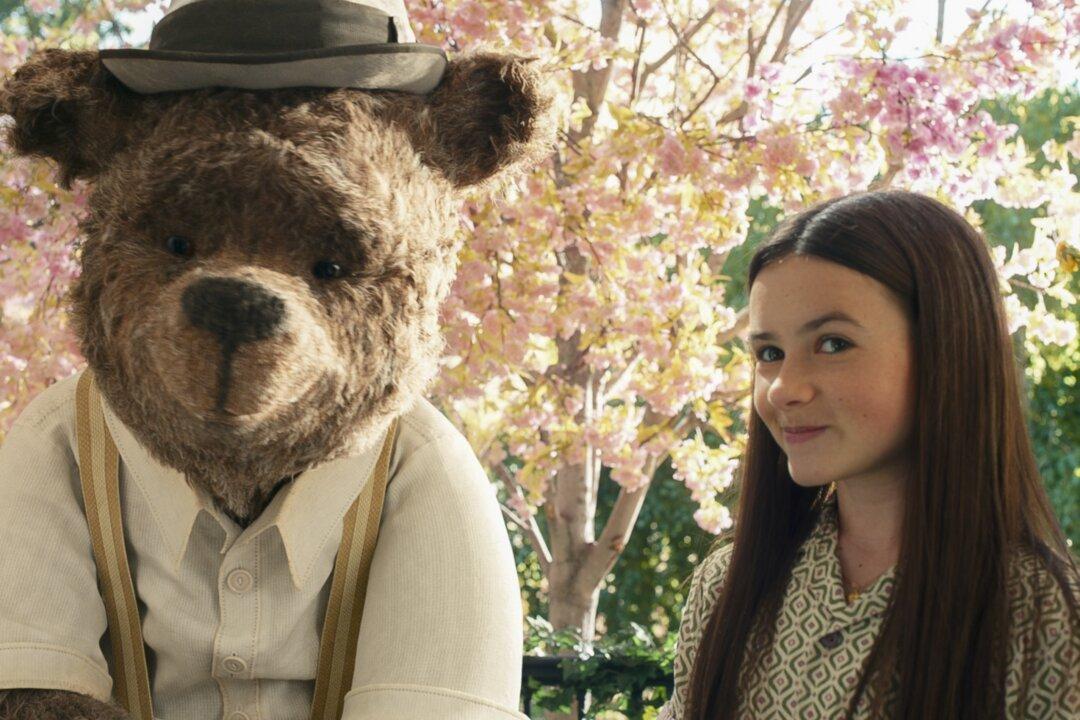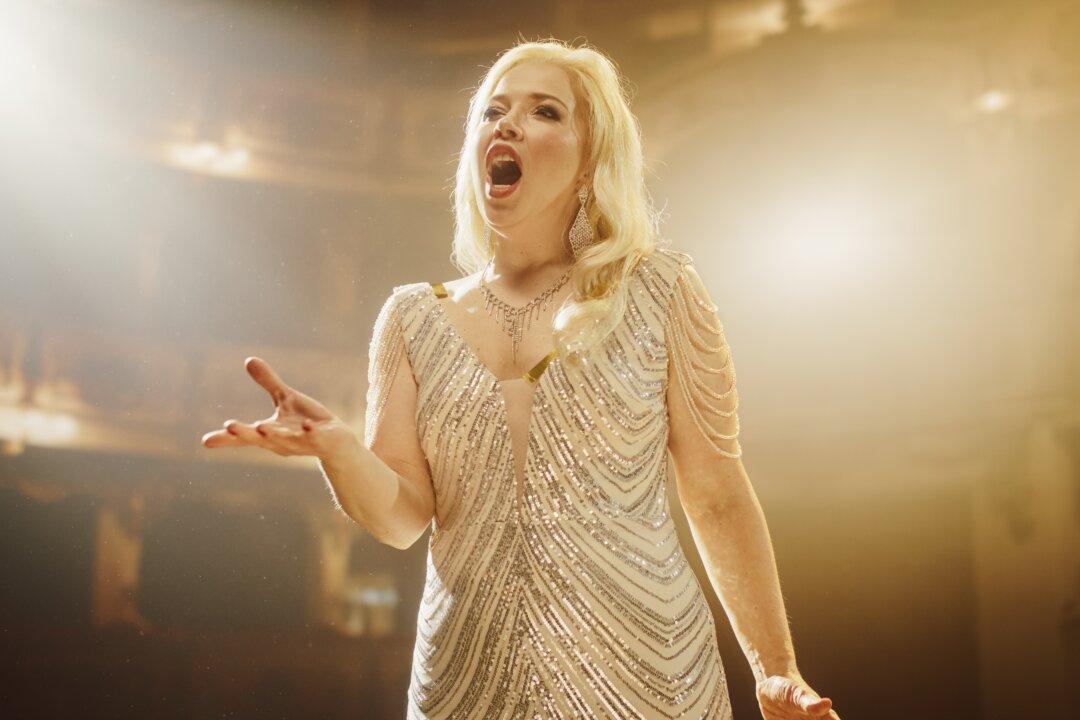Combining live action and animation in a film is an intriguing gimmick. It’s a very effective way to blend the real world with the realm of make-believe. It was a popular technique that Disney Studios frequently employed from the 1940s through the 1960s.
The Latest
Though not a Disney film, “IF” (2024) employed this technology to portray a story about how childhood magic comes back into a cynical girl’s life.“IF” was written, directed, and co-produced by John Krasinski, an actor and filmmaker, who also plays the heroine’s father. Krasinski and actor Ryan Reynolds, who plays a prominent role in the film, developed the concept together and shopped it to several major studios. It bears a resemblance to a sequence in Pixar’s “Inside Out” (2015) involving Riley’s forgotten imaginary friend, Bing Bong. British animation studio Framestore created the animated characters and sequences. A-list actors voice most of the animated Imaginary Friends (IFs).






